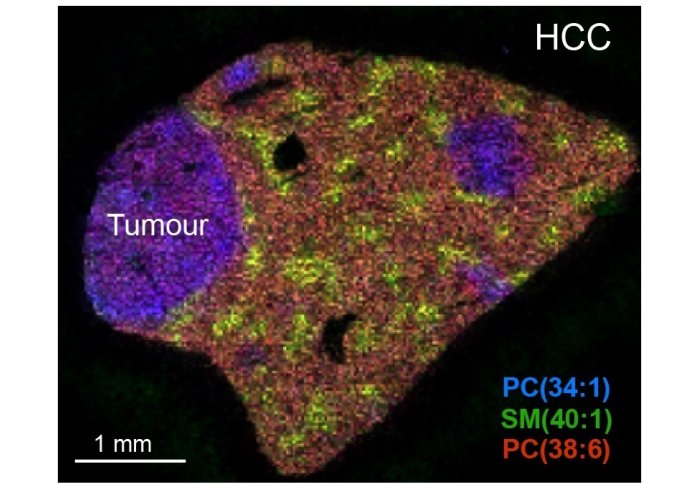How do proliferating liver cells ‘rewire’ metabolism in regeneration and cancer?

A new paper demonstrate a coherent remodelling of metabolic pathways in hepatocytes during liver regeneration and in hepatocellular carcinoma (HCC).
The collaborative study, published in Hepatology, was led by researchers in the Department of Metabolism, Digestion and Reproduction, Imperial College London and the University of Cambridge.
The liver is one of the most active metabolic organs of the human body, characterised by a high degree of plasticity that allows regeneration and healing following acute and chronic damage. Similar mechanisms drive the formation of HCC, one of the leading causes of cancer-related deaths world-wide. Intriguingly, hepatocytes have been shown to ‘rewire’ their metabolism during these processes. Therefore, metabolic pathways have been proposed as candidate targets to control liver cell proliferation, the progression of chronic liver disease (e.g. in the fatty liver), and carcinogenesis.
Using an integrated systems biology approach, the study found an increase in the formation of monounsaturated phosphatidylcholine that was critical for the hepatocytes’ switch to proliferation and carcinogenesis. These results suggest novel targets for the development of new therapeutic strategies and prognostic biomarkers of chronic liver disease and HCC that will attract the interest of researchers focussing on metabolism, hepatology and cancer.
Read the full paper: https://pubmed.ncbi.nlm.nih.gov/32460431/
Article text (excluding photos or graphics) © Imperial College London.
Photos and graphics subject to third party copyright used with permission or © Imperial College London.
Reporter
Benjie Coleman
Department of Surgery & Cancer